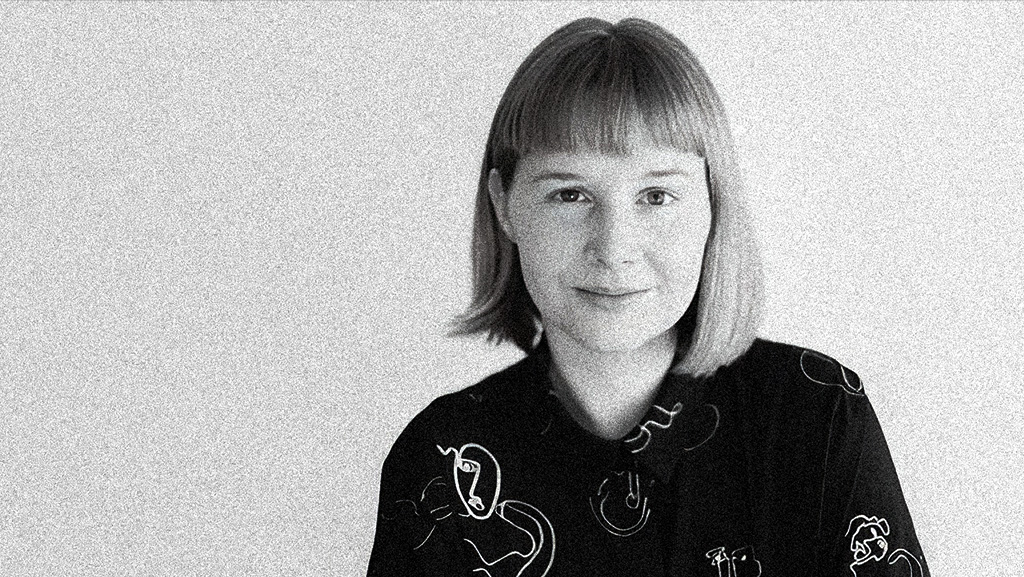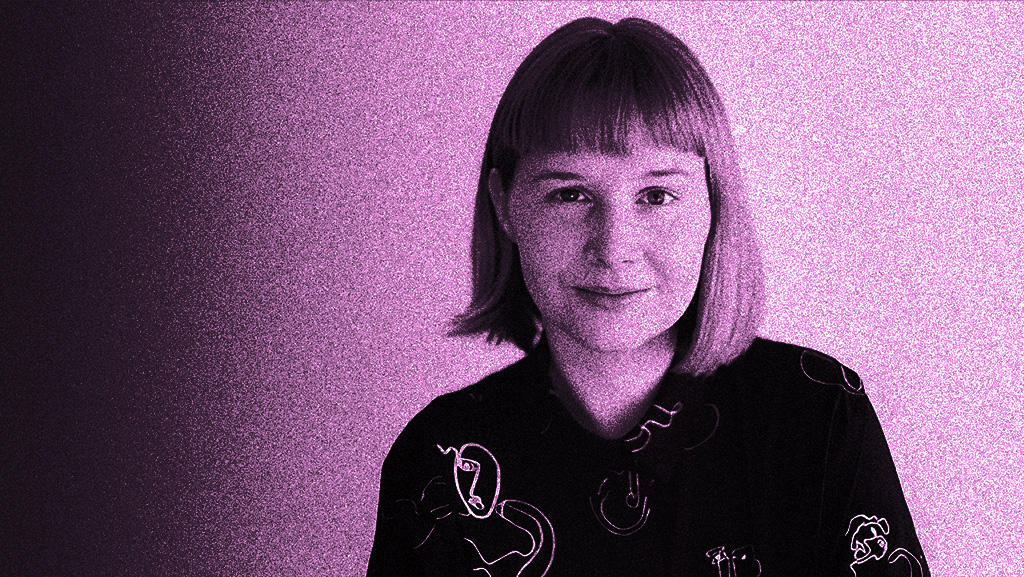A Conversation with Marlene Ronstedt on the Potential of Web3
In this interview-style discussion with Marlene Ronstedt, the founder of Play by Ear and Director of Communications at Hyper Oracle, we unravel the captivating concept of Web3 and its impact on industries, individuals, and the very fabric of the internet.

With Marlene Ronstedt’s expertise and deep understanding of the Web3 landscape, we explore the challenges, milestones, and future prospects of this groundbreaking technology.
Join us on this enlightening journey as we discuss the initial attraction to Web3, its current state of adoption and development, and the barriers that need to be overcome for mainstream acceptance. We delve into how Web3 aligns with principles of decentralization, trust, and individual sovereignty, and how it empowers individuals by granting them control over their data and finances.
Interviewer: What initially attracted you to the concept of Web3 and its potential impact?
Marlene Ronstedt: Back in 2016, I was working for a Berlin art magazine and did an interview with a digital artist. He told me about how he used Ethereum to tokenize his art, similar to a cryptocurrency. What he meant, of course, was minting NFTs, but back then the word NFT didn’t even exist! I was really intrigued by that possibility, and I realized that blockchain could be used for a lot more than just financial transactions.
Interviewer: How would you describe the current state of Web3 adoption and development, and what are the most significant milestones achieved so far?
Marlene Ronstedt: Real-world adoption is a lot less sexy than I thought. It’s brands like McDonald’s launching their own NFT collection, or EY and Microsoft expanding their Xbox enterprise blockchain platform for rights and royalties management.
But it’s also good to see how far we have come, and that Web3 has definitely become a lot more mainstream than a couple of years ago. People consider blockchains, distributed systems, and cryptographic tools a viable option for solving real-life problems. It’s no longer just a fantasy world some degens live in.
Interviewer: In your opinion, what are the main challenges or barriers that need to be overcome for Web3 to achieve mainstream adoption?
Marlene Ronstedt: There is still a lot of regulatory uncertainty that prohibits companies from adopting what Web3 has to offer. In addition to that, user experiences need still a lot of improvement to ensure systems remain trustless while also accessible to the less technically minded.
Interviewer: How does Web3 align with the principles of decentralization, trust, and individual sovereignty? What role does it play in empowering individuals?
Marlene Ronstedt: Web3 gives internet users the opportunity to own their data. Whether it’s their creative output in the form of NFTs, their identity through novel, cryptography-enhanced KYC solutions, or their data through new models of data ownership and sharing. And of course, financial freedom and independence are other big components here.
Interviewer: How do you envision Web3 transforming industries and traditional business models in the coming years?
Marlene Ronstedt: I think Web3 tooling will become crucial in the age of AI. What I mean with that is that artificially generated content will become indistinguishable from human output. How do my parents know it’s me when I call them and not a bot that has auto-generated my voice? Because I will have a cryptographic key with which I can prove that it is indeed myself who is speaking on the phone. Some people on my team at Hyper Oracle are working on an Ethereum Improvement proposal for a new NFT standard specifically for AI-generated content. There will be a big demand in being able to distinguish between fact and fiction, generated images and actual photos. Web3 and, in particular, zero-knowledge cryptography can help with that.
Interviewer: What role does governance play in the Web3 ecosystem, and how do you see it evolving to ensure inclusivity and fairness?
Marlene Ronstedt: Web3 is the world’s biggest experiment of new forms of governance. It’s wonderful to see so many novel approaches on how decision-making can be redone. One-person, one-vote is not always the best model to ensure that everyone’s voice is heard, and new governance forms such as quadratic voting are exciting mechanisms to explore what else is possible.
That being said, governance participation rates are incredibly low. There are no sufficient Web3 tools (yet) to inform token holders about voting opportunities to keep people in the loop and engaged in governance processes.
Interviewer: With the rise of Web3, how do you perceive the relationship between governments and decentralized technologies? Are there any regulatory challenges to be addressed?
Marlene Ronstedt: There are two ways in which I will answer this question. The first one is that we need regulators to be on our side if we want existing businesses to adopt the technologies that we are building. We might be creating a decentralized system online which is no longer in need of a fiat government, but we aren’t rebuilding the physical world, and there the old rules still very much apply. So if we want existing businesses to adopt what Web3 has to offer, we have to play by the rules.
That being said, I think there’s also an exciting opportunity to reshape the existing rules and redefine what it means to be a citizen that is controlled by a country’s laws. With Web3, we can very much transcend these rules and borders.
As crypto grows, the Web3 world will gain more negotiation power to influence what happens in the physical world. Eventually, we will have to meet somewhere in the middle.
Interviewer: How can developers and entrepreneurs best contribute to the growth and development of the Web3 ecosystem? What opportunities exist for them?
Marlene Ronstedt: We need less “Uniswap but on another L1,” “Aave but on another L2,” and more new creative use cases. Surely there have been some limitations when it comes to what is possible when developing truly decentralized applications within Web3. But new tooling like, for example, the zkAutomation tools that we are about to launch with Hyper Oracle, are offering up a myriad of new use cases through scaling the computational capabilities of Ethereum and extending them through new secure and permissionless computational environments off-chain.
Interviewer: What advice would you give to individuals and businesses who are considering adopting Web3 technologies or integrating them into their existing systems?
Marlene Ronstedt: I would look at which use cases are truly viable for your brand or business. A lot of big brands did a great job with launching NFT collections, but beyond that, we haven’t seen that many other creative use cases for Web3 adoption. My recommendation is to dig a bit deeper and see what else is possible. Web3 has amazing tools for data interoperability, ownership, and privacy which many established brands could be profiting from.
Interviewer: Looking ahead, what are your predictions for the future of Web3? How do you see it evolving in the next five to ten years?
Marlene Ronstedt: I somewhat hope that AI will force us to use more cryptography-heavy tooling where everyone owns their identity online. Where we will sign messages with our own keys and where simultaneously and magically the UX for these tools will have significantly improved.



